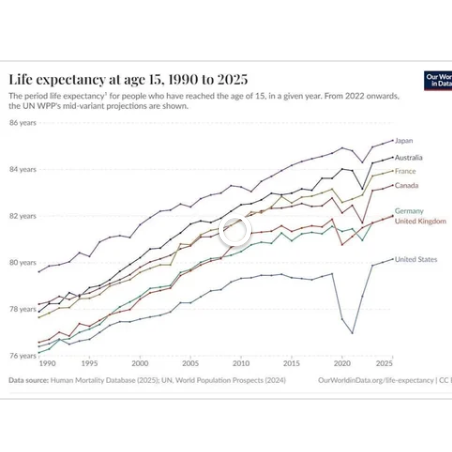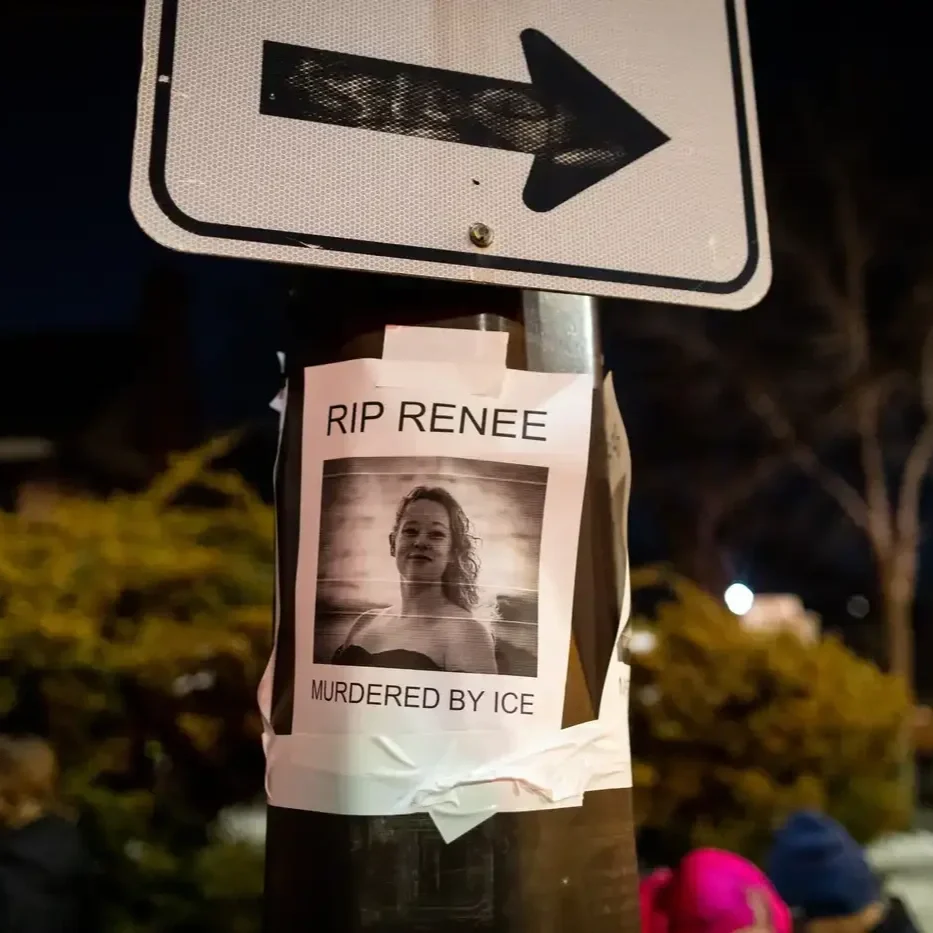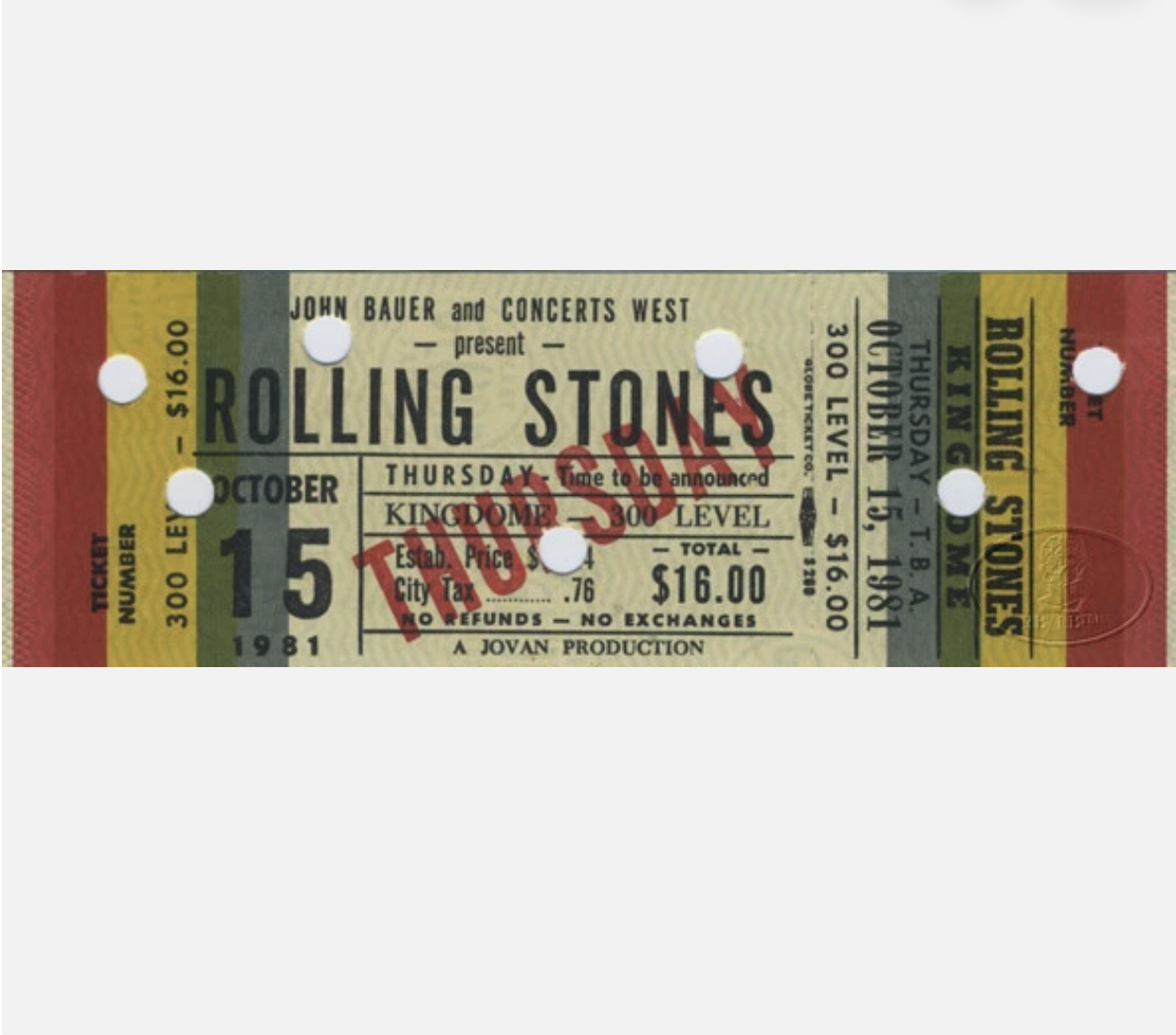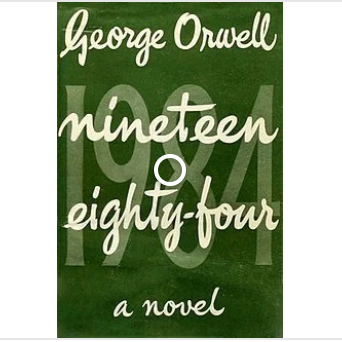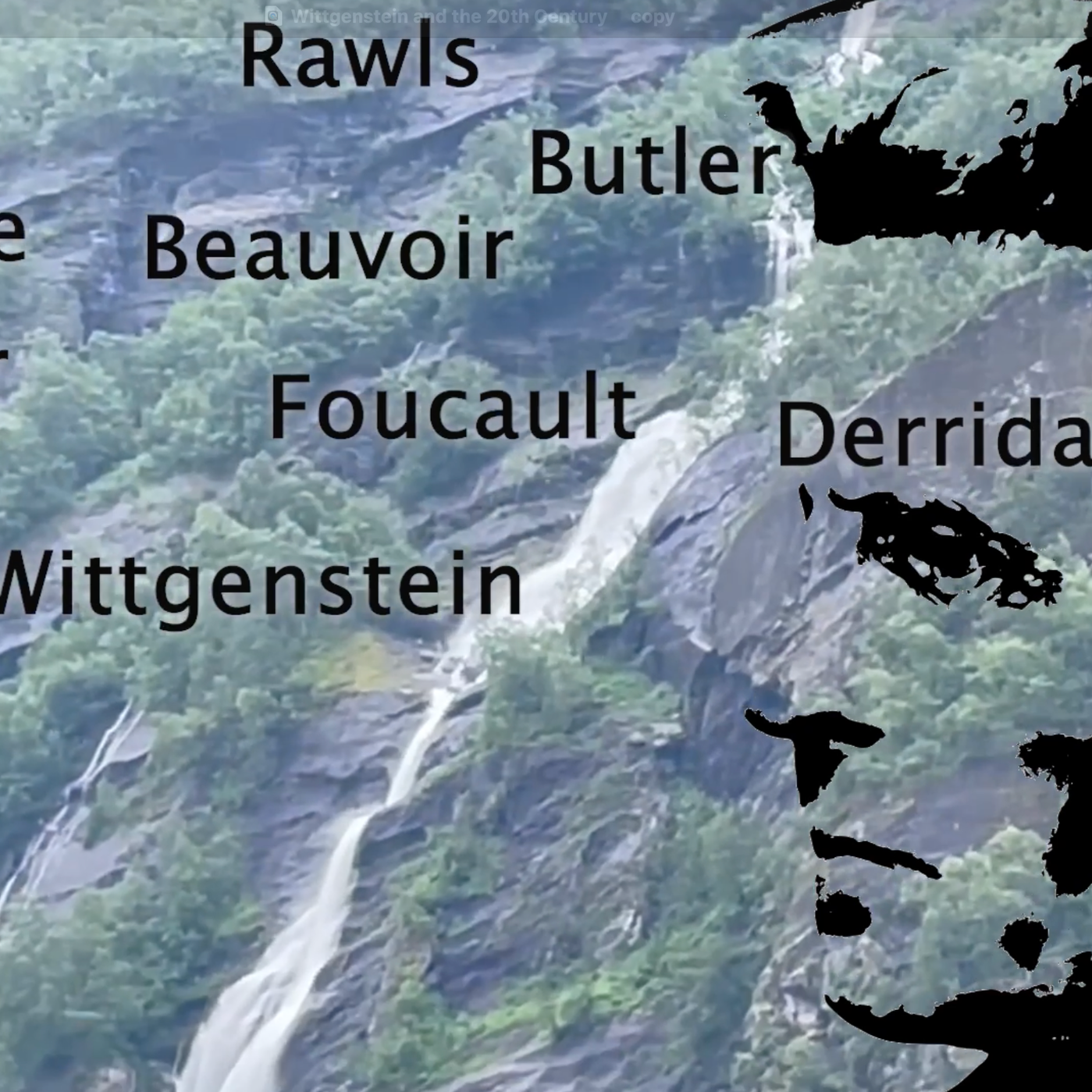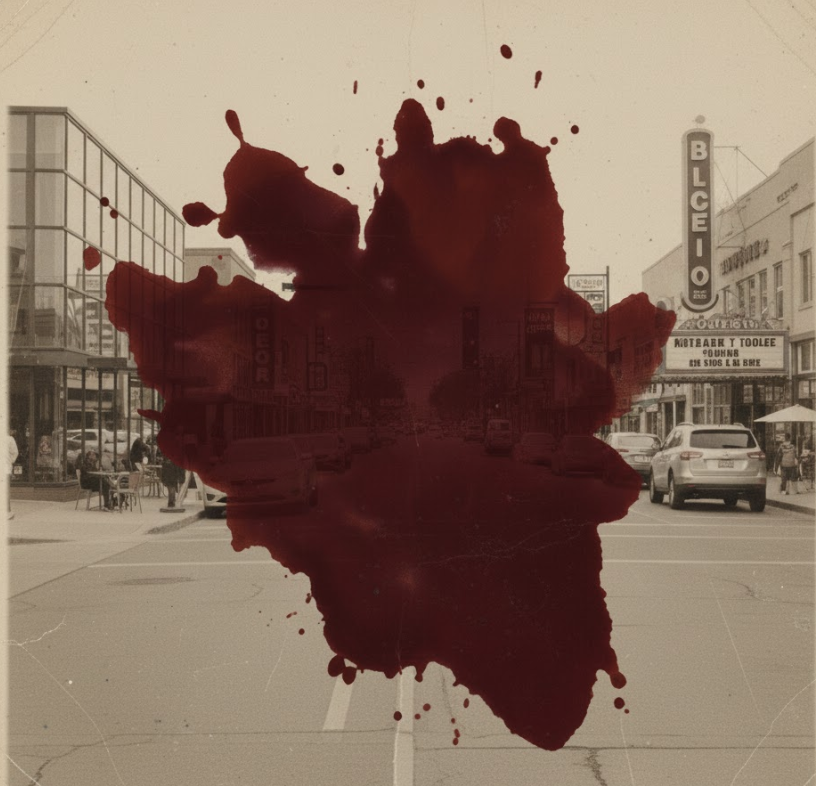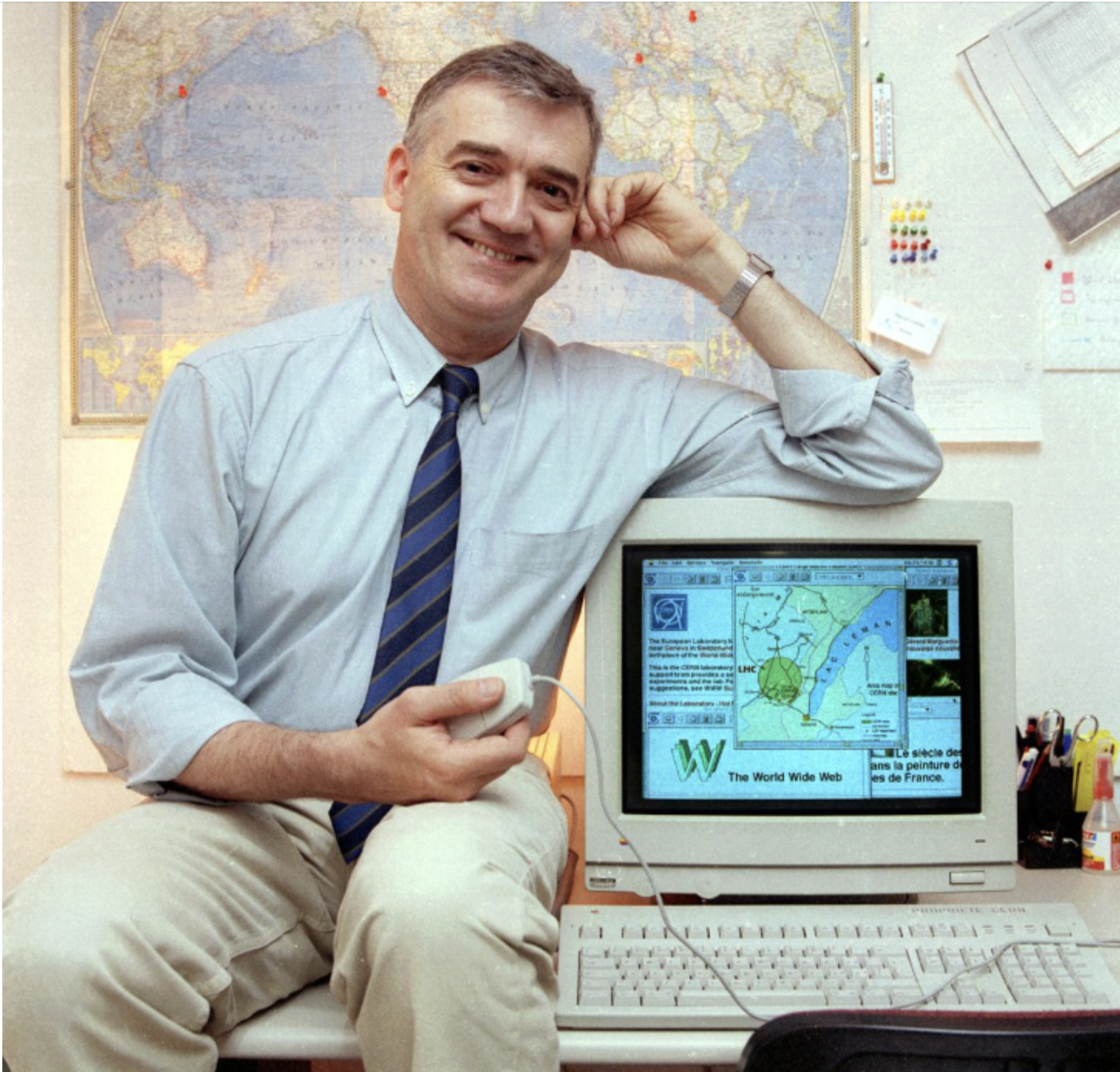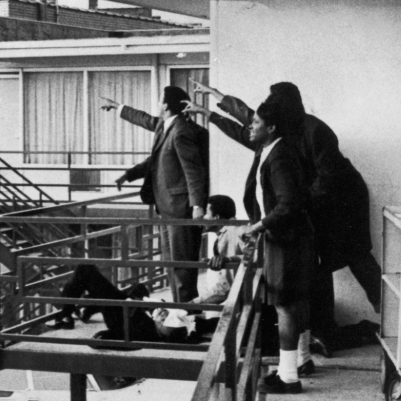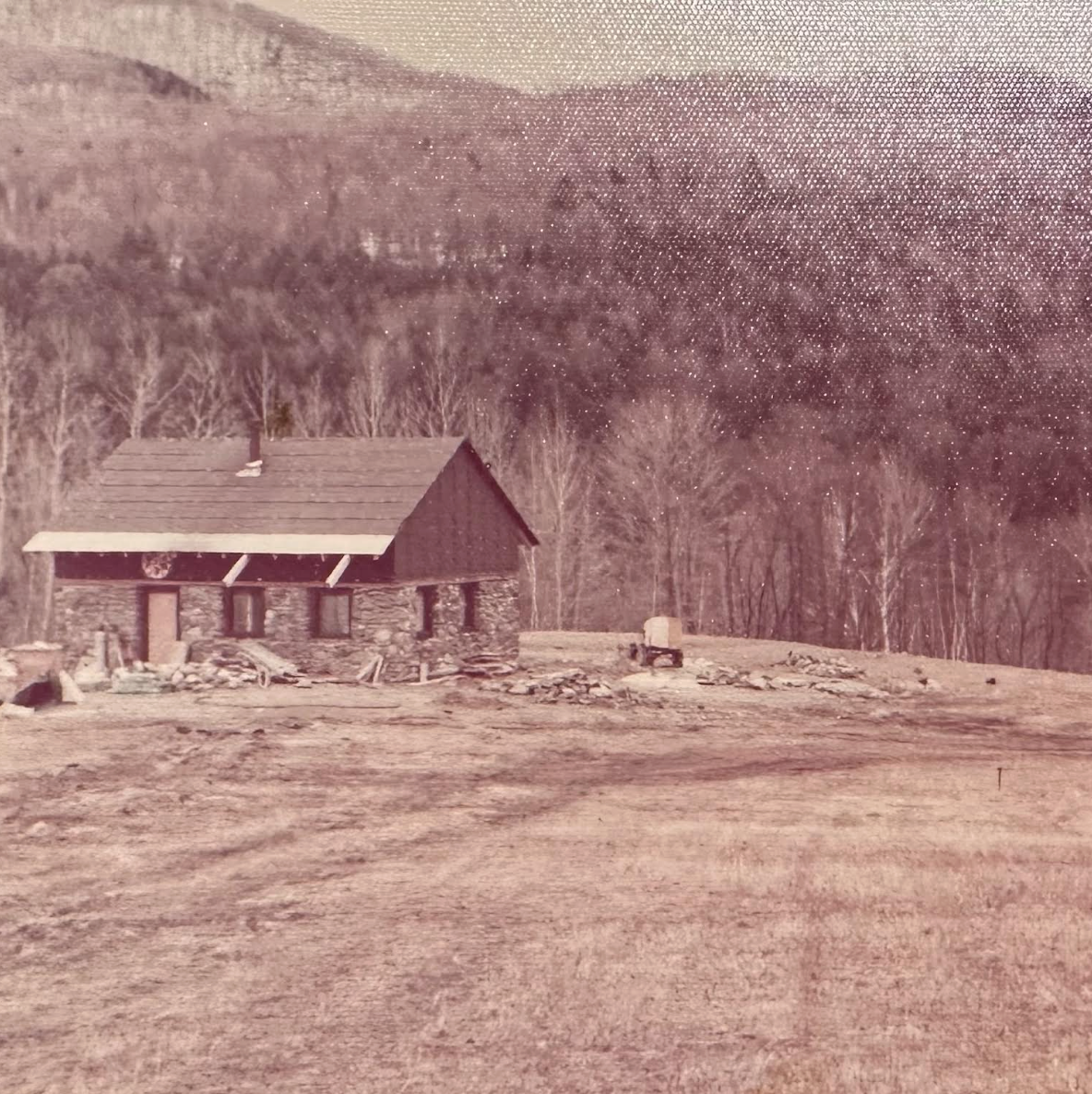The Worst Times of Our Lives, Revised
About four months ago, spurred by the myriad dreadful actions of Donald Trump and his administration, we tried to put the awfulness into context in a story headlined “The Worst Times of Our Lives as Americans.”
We reckoned then, that as bad as things had been, they did not—at least not yet—qualify as the worst times in the United States in our lifetimes. We rated the first eight months or so of the first year of Trump’s second term as only the third worst period of our collective lives.
Times have changed. They’ve gotten worse.
As we complete this week the first full year of the second term of Trump as president, we now believe this is, indeed, the worst period of our collective lives.
Here are our revised rankings.
Homeowner’s lament
It’s the American dream—to own your own house. It was our dream. Now I’m starting to think that, at a certain age, it can become an American nightmare.
And now I’m also starting to maybe better understand why so many friends our age have recently moved from houses to apartments or to town homes or retirement communities. They’d rather live some place where they are not responsible for the upkeep—or the expense of the upkeep. Maybe they, too, have gotten tired of blowing leaves or shoveling snow or patching the driveway or draining the water heater or oiling the garage door. Or paying for someone to do it.
Maybe they have understood, apparently much earlier than we have, the not-so-hidden meaning of that classic sociological work, “If You Give a Moose a Muffin.” It’s the sequel to that groundbreaking treatise “If You Give a Mouse a Cookie.” It was the wonderful children’s book we used to read to our kids all the time. We had no idea it would prove so prescient. …
what’s going right in america
This is an excerpt from a Substack post by the economics blogger Noah Smith. We recommend you read the full version on his site, Noahpinion, here.
Our politics is dysfunctional and our media landscape resembles a demon-haunted wasteland, but underneath the surface, I see signs that our society is starting to knit itself back together after the unrest and chaos of 2014-2021. Health is improving. Violence is falling. Americans are starting to use technology more responsibly. Some of the economic sclerosis of the pre-pandemic years seems to be falling away.
I suspect that there are “macrosociological” forces at work. To my knowledge, sociologists haven’t really modeled a cycle of aggregate social division and health,1 but if you look at events like the collapse of the USSR and the decade of violence and self-destructive behavior that followed in Russia, or the multi-decade rise in pro-social behavior around the mid-20th century in America, it’s hard to avoid the suspicion that such forces exist.
But I’ll leave the grand theorizing for another day. …
Renee Good: trust your own eyes and ears
I keep trying to move on, to write about something less unsettling. But I can’t.
I am haunted by this vibrant, 37-year-old mom, shot dead in broad daylight in a family Minneapolis neighborhood and then dismissed by Donald Trump and all his bullies as some kind of radical agitator.
I am sickened by a mainstream news media that makes believe it is practicing quality, “fair” journalism by doing things like interviewing a Democratic congressman and a Republican congressman (Washington Post) for their “interpretation” of what they each see on the amalgam of videos in the minutes and seconds before Renee Nicole Good was shot dead at point-blank range.
Look at the videos yourself. Trust your own eyes and ears.
The brainwashing in this country has to stop. It’s so pervasive that people are hiding from themselves, looking for a way to doubt their own senses. Not everyone, of course. I’m heartened that more than 300 people stood out in my town Saturday in Renee Nicole Good’s honor. Tens of thousands more did so nationwide.
But what about the millions who slept in, bought a latte, watched football—looked away? …
Renee Good: the song Remains the same
I am standing up typing this because sitting down hurts my back and I am sick and tired of hurting. I am writing this through tears.
Bobby Weir just died and the Dead are blasting on the stereo and I am sipping green jasmine tea and trying to gather my thoughts as way too many buttons are being pushed in my old, tired brain. Neil Young wrote his famous song “Ohio” after four students were killed by the National Guard on May 4, 1970. They were protesting the Vietnam War. They were murdered. It was a turning of the tide for our generation because it sent a bolt of enlightenment across our country.
Fifty-five years later, on January 7 of our new year, Renee Nicole Good was murdered by Jonathan Ross, an agent of our Immigration and Customs Enforcement Agency. It’s an agency under Trump that has been given license to terrorize American citizens. We are watching what I believe is an effort of our government to control our citizens by spreading terror, putting people in cages and even murdering innocents without any purpose except to spread fear and curtail our freedoms. …
Jeans Part I: Dressing Down
A lot of us believe something significant happened to culture in the 1960s and 1970s, when most of us were coming of age.
Part of that something—and the subject of this article—was a rejection of the notion that we should aspire to act and dress as much like the upper classes as we could manage and afford; a rejection of the notion that we should look—by donning dresses or suits, however well worn—as much as possible like ladies and gentlemen; a rejection of the notion that we should dress up . . .
Still More of What We Miss
Paper concert tickets. Thick enough to survive a wallet and you could keep them for years as a memento
Not constantly monitoring yourself, worrying about caffeine or sugar or steps or sleep
Being unreachable for entire afternoons . . .
Could a Murder be a turning point?
Let’s acknowledge, first, that there is a healthy percentage of our population that will support him and this administration no matter what he does, no matter what countries he attacks, no matter what crimes ICE commits, no matter what obvious lies spew forth from Washington. After all, in 1974, when scandal-scarred Richard Nixon resigned the White House, a quarter of the population still approved of his performance as president.
But in just the last week, there was, first, the brazen attack on Venezuela, which had to shake those who may have believed Trump’s promises against foreign entanglements. And then, and most important, there is the murder of Renée Nicole Good by Trump’s rampaging ICE agents.
This was not, after all George Floyd, who some percentage of the white population could dismiss as a black man with a criminal record. This was not Kilmar Abrego Garcia, a brown man who wasn’t born in this country.
This was a middle-class white woman. …
Remembering Radio
At a dinner party recently, a neighbor told me about the radio station WXPN (“Vinyl at Heart”), a member-supported station affiliated with the University of Pennsylvania. A couple of days later, I checked it out. Their program list was interesting and included programs like “Funky Friday” and “Highs in the 70s.”
The station was in the middle of its annual countdown of the 885 best cover songs. I happened to catch a really nice cover of the Velvet Underground’s “Sweet Jane” by Two Nice Girls, a band I never heard of. I heard The Brothers Johnson’s “Strawberry Letter 23,” a song I had not heard in nearly 50 years, that took me right back to my junior year of high school. I loved hearing the DJs comment on the songs they were playing.
I almost never listen to the radio anymore. . . .
Reading “1984” in the Age of trump
. . . Why did I react so differently to reading “1984” now as opposed to when I was a young adult decades ago?
We live in the Age of Trump. His attempts to bend truth and reality to his liking remind me of Big Brother and the Party in “1984.” Trump’s recasting January 6, 2021, is Example No. 1. We all (including prominent Republicans) watched horrified as Trump’s MAGA minions stormed the Capitol and smashed its windows, assaulted police officers, paraded a Confederate flag through the Rotunda and threatened to lynch the vice president and to kill the speaker of the house. Images of the insurrection were embedded in our memories.
And yet, within weeks, Trump proclaimed his MAGA thugs acted like patriots when they tried to destroy our democracy . . .
Wittgenstein & the 20th Century: A video
The case can be made that the great intellectual struggle of the 20th century was the struggle of variety, indeterminacy, pastiche and, most of all, humor to subdue often stifling dogma, rigid formulas, pat beliefs, inevitably accepted truth--the struggle, as it might be put, of uncertainty to subdue certainty. One of the more important arenas in which this struggle took place was the mind of the man some consider to be the greatest philosopher of that century: Ludwig Wittgenstein.
His father was one of the richest men in Europe. The only house he ever owned he built on a cliff in Norway, where much of this video was shot. Three of his brothers killed themselves. And, oh yeah, Ludwig Wittgenstein is often considered the most significant philosopher of the 20th century.
Our Collective Shame
Yeah, we’ve been here before. Lots of times in fact.
Afghanistan and Iraq, most recently. But also: Panama, Grenada, Chile, in this hemisphere, and Iran and, of course, Vietnam, across oceans. All just in our lifetime.
So, maybe Venezuela shouldn’t come as much of a surprise. Particularly given our current regime. Over the last few months, we’ve unleashed military in our own streets, against our own people. Why not do the same thing on someone else’s streets? …
Praise and Gratitude for Educators
A decade ago, I was honored to be asked to give a guest lecture at a graduate school class in my area of professional practice—city and regional planning. It was a memorable experience, interacting with students who wanted to learn more about what I had to offer, and who offered their intelligence and ideas in return.
I ended up doing guest lectures regularly over the following years, inspired and humbled with each experience. Then came the honor I believe will be a capstone of my career: an invitation to teach an entire semester of a course for a faculty member who would be going on sabbatical.
It took me 10 seconds to say “yes.” . . .
In History’s Bigger picture: Trump is a blotch
Take this hopeful thought into 2026: the tyrants we endure always falter, and their “seismic” upheavals are usually false dawns.
Revolutions are overrated, intrinsically unpredictable and typically followed by counter-revolutions. True turning points in history are actually quite rare—and difficult to spot. Even rarer are genuinely world-changing leaders. Donald Trump presents a case study.
The way Trump tells it, he’s Alexander, Charlemagne, George Washington, Napoleon and Mahatma Gandhi all rolled into one. Yet after a decade at the top of U.S. politics, solid achievements are few. . . .
This is an excerpt from an opinion column in The Guardian by foreign affairs columnist Simon Tisdall. We recommend you read the full version here.
We ‘Celebrated’ New Year’s Eve in a Tow Truck
It’s New Year’s Eve and we’re not going out. We have a thing about New Year’s Eves, with a pretty good reason.
We were tired, hungry and cramped as we bounced along winding mountain roads in the cab of a large tow truck. Our three-year-old fortunately was blissfully asleep on my lap, and my husband was seated between us and the driver.
In pitch darkness, somewhere near the French Mediterranean coast, I managed to make out the time on my watch: midnight. “Happy new year,” I muttered to my husband. . . .
The most significant periods of technological change
There have been quite a few periods in human history when new technologies jolted us forward and some significant old ways of doing or even thinking about things were, as a result, left behind.
Which were the most important of those periods? That is the question I have taken a very tentative stab at answering here. . . .
Our Worst Year?
Well, yeah, it’s not been a great year. In fact, let’s face it, it’s been a terrible year and we all should be glad to see it gone.
The inauguration of a vile, narcissistic, felonious psychopath, and all that has come after. The continuation of dreadful wars in Ukraine and Gaza. Masked secret police on our streets. Terrible warming-climate fueled natural disasters. Mass shootings after mass shootings. Sudan. Bondi Beach. Murders. Deportations, Brown University, Charlie Kirk, war crimes, measles epidemics, airplane crashes and so much horribly more.
It’s been an exhausting year, a bleak year, a year that made us stop talking to each other and maybe start hating each other and wanting it all just to go away. . .
But, alas, it’s not the worst year of our lifetimes. Alas, maybe not even close. . . .
fURTHER reading about Our Generation
Here’s some of what we have seen recently that might be of particular interest to our generation. (Apologies for any pay walls.) Send us what you have seen at WritingAboutOurGeneration@gmail.com.
Willie Nelson is 92 and Feeling Lucky, Grayson Haver Currin, GQ, Dec. 4, 2025
These Are the 10 Old Television Series Every Kid Needs to Watch, John McWhorter, New York Times, Oct. 9, 2025
Can we save travel's most beloved tradition?, Asia London Palomba, Dec. 12, 2025
The Last Good Thin: DVDs, streaming, and the price of nostalgia, Jess Love, The American Scholar, Dec. 11, 2025
Why More Older New Yorkers Are Ending Up in Homeless Shelters, Andy Newman, New York Times, June 24, 2024
How to be the archivist of your own family, Samantha Ellis, Psyche, December 2025
Why Are More Older People Dying After Falls?, Paula Span, New York Times, Sept. 7, 2025
The Night Santa Came to Visit
My son Eli was only four years old back in 1976. He was surrounded by simplicity, being raised by two young hippies in their twenties with not much to their name. We were living high on a hilltop in Huntington, Vermont,on a meadow in a tiny stone house that we built ourselves. Our home was only accessible by walking because once it snowed, our steep and precarious long driveway was not made for an old front-wheel drive car with crappy tires.
The house was unfinished, and we lived on the ground floor with a masonry tub for water that we heated on a gas stove, a wood furnace in the basement for heat, and not much else. We did not have a telephone, a television or a computer. What we did have were hopes and dreams and unwavering youthful expectations and the pleasure, contentment and peace we felt living surrounded by a hardwood forest in a home we built with our own hands. . . .
Evicted: the Night Before Christmas
Here’s a holiday tale, with a melancholy tinge and an ultimately hopeful ending.
It was December, a couple of weeks before Christmas. It was Paris, and although it may have been the holiday season, in the terribly misnamed City of Light it was monochromatically gray and drizzly, as it almost always was from November through March.
It felt cold and cold-hearted, which matched our mood.
We felt alone and adrift. I mean, really alone in a way that’s really hard to be these days.
We had moved to Paris a year and a half earlier, mainly because we had wanted to and we could. Without kids, without jobs that tied us down, we were young and flexible, somewhat adventurous and reasonably foolish. And of course we had absolutely no idea what we were getting into. . . .




